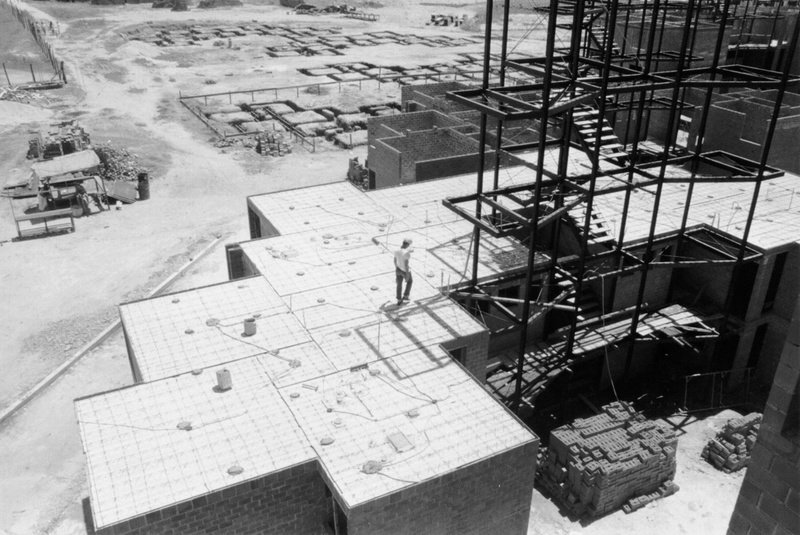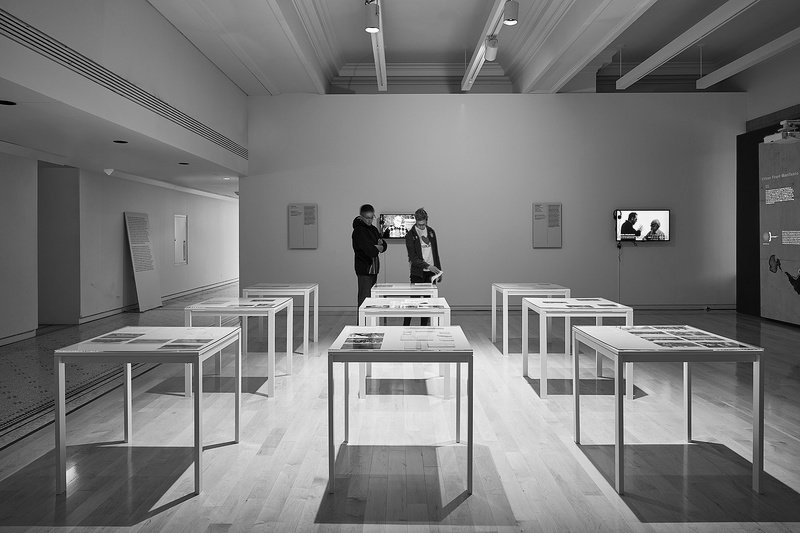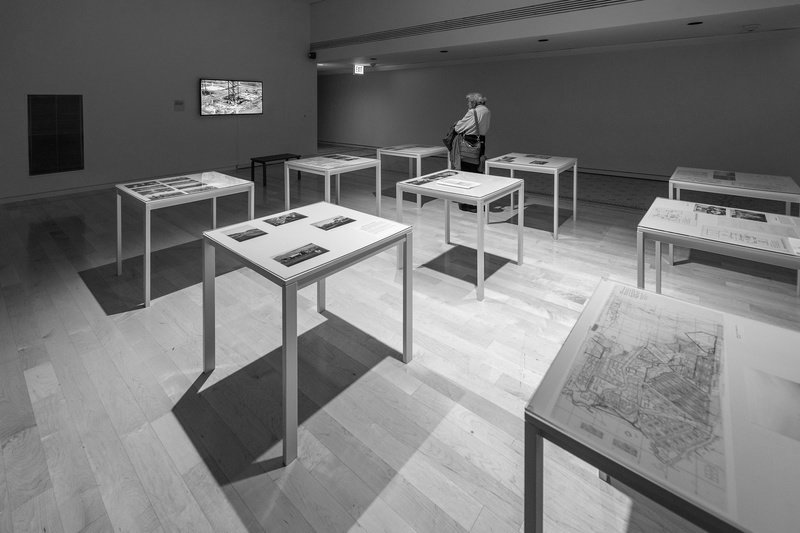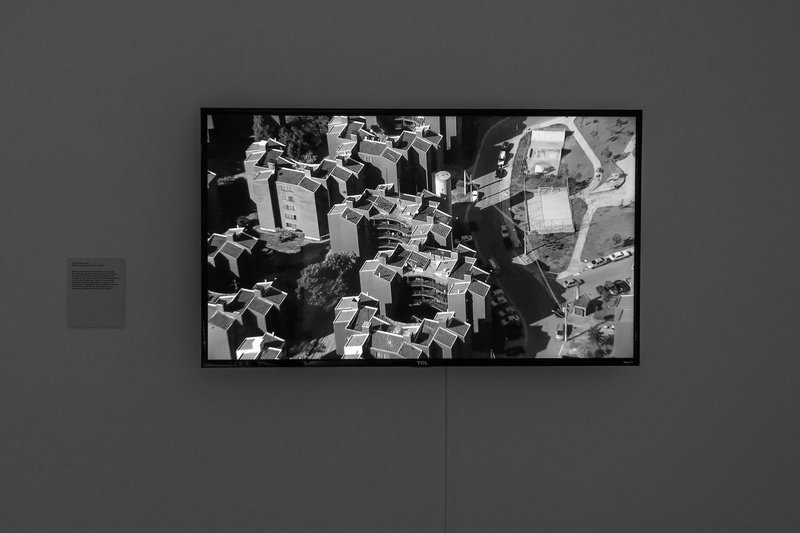Usina - CTAH
More Info
Usina-CTAH provides leadership, advice, training, and support to community-led dwelling movements across São Paulo and throughout Brazil, generating momentum for projects that sustainably serve the people in the affected areas. Diverging from traditional approaches to real estate development, Usina-CTAH draws on the expertise of its diverse members to guide and professionalize efforts by people who traditionally are excluded from decision-making around policy and planning. Whether collaborating on renewal of urban slums or new construction of rural settlements, Usina-CTAH focuses on innovative uses of space driven by the needs of those who use it. The organization’s outreach includes political activism and advocacy, administration of topical workshops and seminars, development of strategic partnerships, and technical support. Its goal is to empower the people at the heart of each project so they become informed participants and advocates for their interests, helping to ensure sustainable development of both residential and public spaces.
Established 1990, São Paulo, Brazil
Established 1990, São Paulo, Brazil
Biennial Project
The Architecture of Land Struggles, 2019Two single-channel videos (21 min. and 10 min., sound), prints and photographs
Commissioned by the 2019 Chicago Architecture Biennial
Usina-CTAH is a collective of architects and researchers who established a nonprofit association in Brazil following the end of its military dictatorship in the mid-1980s. At this crucial moment, cities such as São Paulo were addressing the housing crisis through democratic, bottom-up approaches; Usina-CTAH provided design skills andt echnical expertise to communities, helping them design, build, and manage their own residences and communal spaces. The Architecture of Land Struggles highlights three projects that are representative of their approach: União da Juta, a large housing complex built through the mutirão (a system of collaborative construction popular in Latin America); Ireno Alves Settlement, a rural community built in collaboration with the MST-Movimento dos Trabalhadores Rurais Sem Terra (Landless Workers Movement); and the Piquiá de Baixo resettlement project in northeastern Brazil, an ongoing initiative to benefit 312 families affected by large-scale mining activities in the region.


